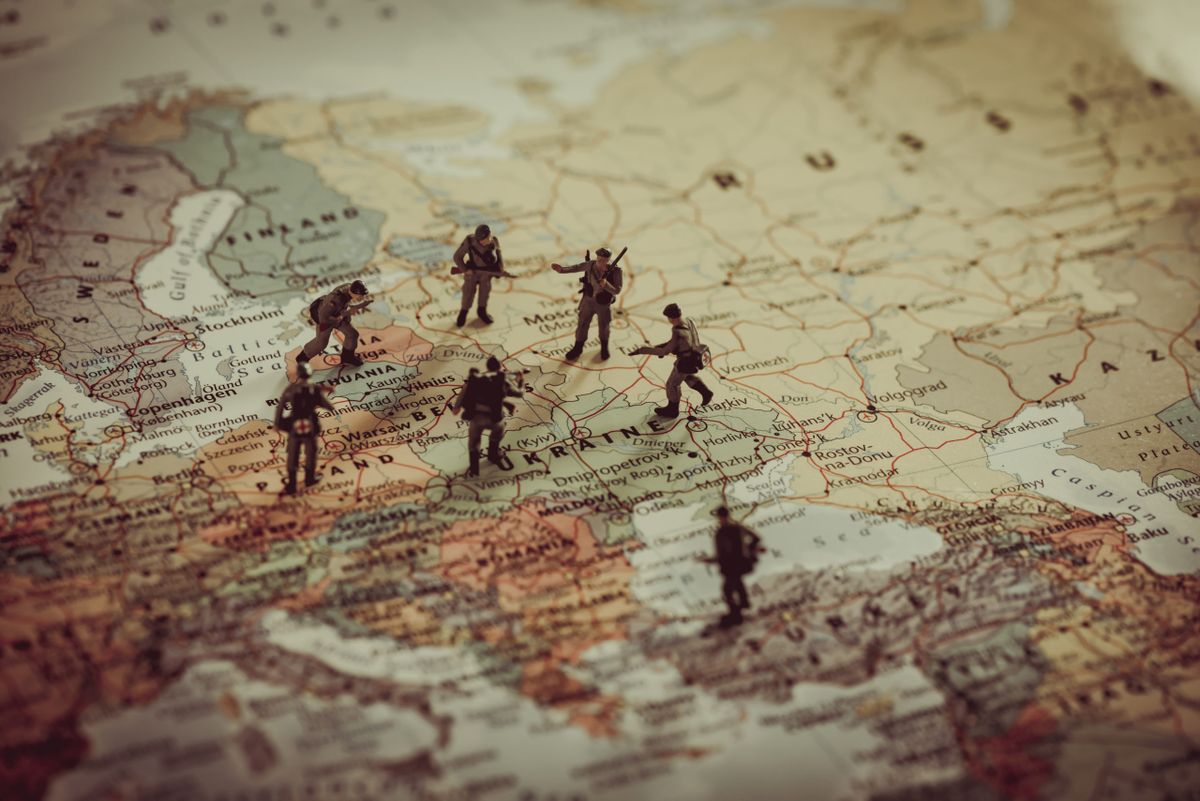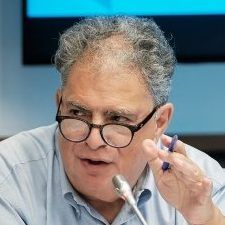
What happened?
The Baltic states are continuously targeted by Russia’s ongoing information warfare. Russia’s disinformation campaigns, which encompass false narratives spread through Kremlin-controlled media outlets and the manipulation of social media trolls, pose a significant threat to the security and stability of the region, while distorting the truth and influencing public opinion.
Since 24 February 2022, Russia has utilised disinformation in the Baltic states as a means to conceal the war crimes committed by its soldiers, justify its assault on Ukraine and erode Western support for Ukraine’s defensive operations. The Baltic republics have responded by taking significant measures to combat Russian propaganda and disinformation from both external and internal actors. These initiatives include promoting independent journalism, enhancing media literacy and implementing stricter measures against Russian disinformation tools.
Hosted in Vilnius, Lithuania, this roundtable gathered various stakeholders involved in countering disinformation and foreign malign influence in the Baltic region. The objective of the discussion was to address the challenges faced by the Baltic states in countering disinformation, along with exploring possible strategies and solutions to overcome them.
The key message from the roundtable participants emphasised the need for increased cooperation among all actors involved in countering disinformation. Online platforms, governments, civil society actors and academics must increase their cooperative efforts and work closely to combat hostile influence targeting the Baltic states and their citizens. Despite the good standing of the region when it comes to its vulnerability to external disinformation, more needs to be done by all stakeholders involved in the fight against disinformation in the region, including public institutions, tech and social media companies, activists, NGO leaders and researchers. The goal is to build a more resilient society that can resist the spread of fake news and disinformation in the region.
This closed-door event took place in Vilnius. Follow us on Twitter, LinkedIn, Instagram or Facebook, and join the #FoEDebate!
Related content:
Our events include photos, audio and video recording that we might use for promotional purposes. By registering, you give your permission to use your image. Should you have any questions, please contact us.
PHOTO CREDIT: Shutterstock/kirill_makarov
Schedule
Questions include:
- What specific strategies, initiatives and policies have proven to be the most efficient in countering Russia-sponsored disinformation and propaganda in the Baltic states?
- How has Russia’s war against Ukraine and associated disinformation campaigns changed these strategies and initiatives?
- How can more long-term and unrestrictive policies aimed at countering disinformation, such as media literacy programmes and support for independent journalism, be balanced with more short-term and restrictive measures, such as blocking websites?
- In what ways can multi-stakeholder collaboration between the government, the private sector and civil society organisations be enhanced to further strengthen the resilience of Baltic societies against disinformation threats?
Moderator

Senior Fellow for Peace, Security and Defence at Friends of Europe
Paul Taylor is a Senior Fellow at Friends of Europe and the author of the think tank’s European Defence Cooperation report series. He previously spent four decades working for Reuters as a foreign correspondent in Paris, Tehran, Bonn and Brussels, as bureau chief in Israel/Palestine, Berlin and Brussels, as chief correspondent in France, as diplomatic editor in London, and finally as European affairs editor. Taylor’s assignments have included covering the Iranian revolution, the Cold War Euromissile crisis, the 1991 Gulf War, German reunification, the Maastricht summit, France in the 1990s, EU enlargement, the Eurozone crisis and the fall of the Muslim Brotherhood government in Egypt.
Partners
Co-organised with



Activities
From ambition to action: building Europe’s Defence Union
Past event In person

- Area of Expertise
- Peace, Security & Defence
EU-Western Balkans Summit: Enlargement matters – Europe’s new…
Next event

- Area of Expertise
- Peace, Security & Defence
Frontline Voices: renewing the women, peace and security agenda
Past event Online

- Area of Expertise
- Peace, Security & Defence
Frontline Voices: diagnosing the disconnect – The Women, Peace and…
Past event Online

- Area of Expertise
- Peace, Security & Defence
Policy Voices | Overcoming polarisation: defence in the time of distrust
- Category
- Podcast
- Area of Expertise
- Democracy
Policy Voices | A historic NATO summit raises defence spending target to 5%…
- Category
- Podcast
- Area of Expertise
- Peace, Security & Defence
Living in a perpetual state of emergency
- Category
- #CriticalThinking
- Author
- By Jamie Shea
Beyond sanctions: five strategic tools the EU must use to end the war in…
- Category
- #CriticalThinking
- Author
- By Liel Maghen

- Area of Expertise
- Peace, Security & Defence

- Area of Expertise
- Peace, Security & Defence

- Area of Expertise
- Peace, Security & Defence

- Area of Expertise
- Peace, Security & Defence
Continue
the debate on
- Debating Europe
